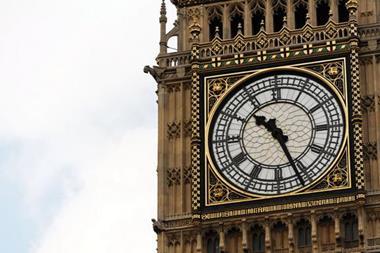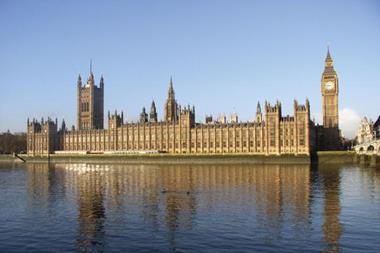Exposes companies to new compliance risks
On April 8, 2010, the UK Parliament passed the country's first major overhaul of its bribery laws in over a century.
The new law puts UK companies under the most stringent anti-corruption regime in the world going even further than the standards set by the US Foreign Corruption Practices Act (FCPA), according to the Red Flag Group.
The Bribery Bill, which will replace a number of offenses in common law and in the Prevention of Corruption Acts 1889-1916, will make it a criminal offense to offer or promise a bribe, bribing foreign public officials, and for failing to prevent a bribe to be paid on a company's behalf.
The first two offenses will become effective immediately, while the third offense will become law at a later date -- expected to be October 1 -- to be chosen by the UK government. To defend itself against claims that it was negligent in prevent bribery from taking place, companies will need to show that has adequate internal controls and compliance programmes in place.
Furthermore, unlike the FCPA, the Bribery Bill makes no exceptions for making facilitation payments, prohibits bribery not only for officials but also private citizens, and imposes sentences of up to 10 years in jail for individuals executives convicted under the new law.
Scott Lane, The Red Flag Group's chief executive officer, said the passage of the landmark bill means that UK companies need to make sure they have adequate internal controls in place to protect itself against the new legislation. "For decades the US FCPA has been the most stringent piece of anti-corruption legislation in the world. That's no longer the case. The bill's passage will mean that UK companies will now be under a level of scrutiny by the country's graft-buster that no companies anywhere else world has ever experienced before, not even those across the Atlantic.
"More than ever, UK companies need to make sure they have an effective and comprehensive compliance programme in place, that it is being adhered to in the far-flung markets that these companies operate in, and that its network of clients, suppliers, business partners, agents, and other third-party relationships operate to compliance, ethics and corporate governance standards that is at least as stringent as those which it imposes on itself," said Lane.
"Even more importantly, the law not only affects UK companies dealing locally or abroad, but also businesses from all corners of the globe who either have offices or operations in UK, or employ UK citizens. This new law will expose these companies to new compliance risks,” he said.



















